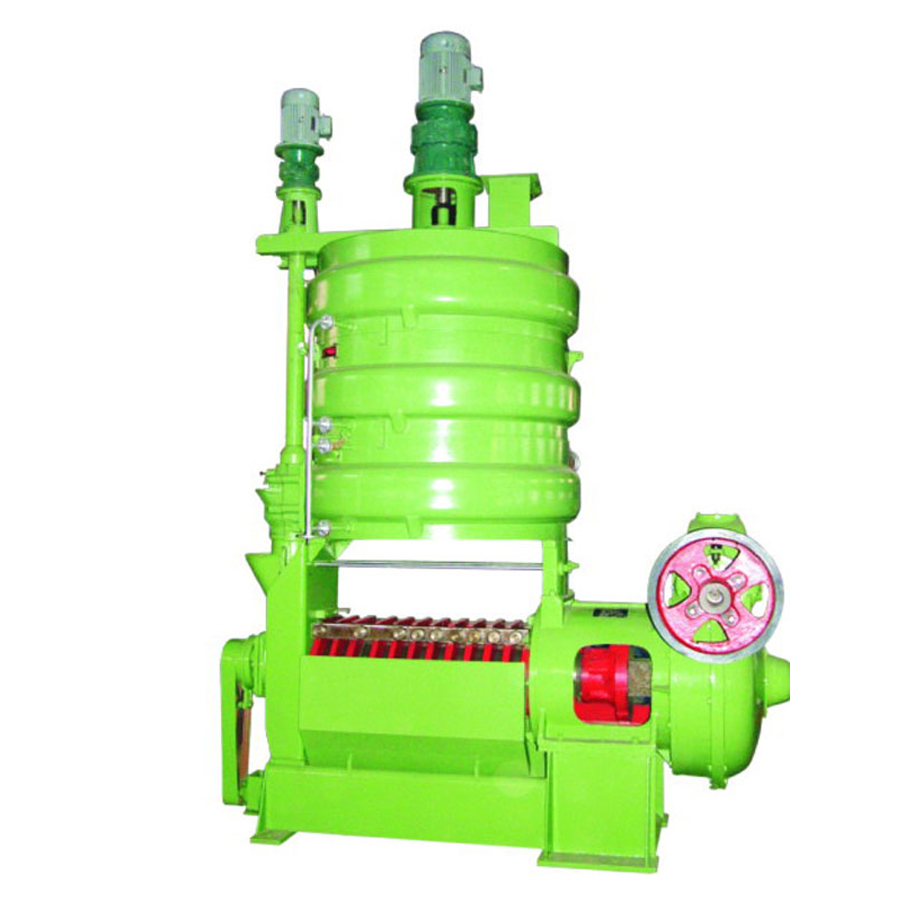Dec . 12, 2024 09:21 Back to list
peanut oil refined machine product
The Refinement of Peanut Oil Machines and Processes
Peanut oil is a popular cooking oil known for its mild flavor and high smoke point. It is extracted from peanuts and is widely used in frying, sautéing, and salad dressings. The process of refining peanut oil is essential to enhance its quality, stability, and shelf life. This article explores the machines used in the refining of peanut oil, highlighting their efficiency and the technological advancements that have shaped the industry.
The Importance of Refining Peanut Oil
Refining peanut oil involves a series of processes designed to remove impurities, free fatty acids, and other unwanted components from crude oil. These impurities can negatively affect the oil's taste, aroma, and nutritional value. The main goals of refining are to improve flavor, stabilize the oil for prolonged shelf life, and ensure that it meets health and safety standards. The refined oil is clearer, lighter in color, and has a more appealing taste, making it more suitable for culinary use.
The Refinement Process
The refining process of peanut oil typically consists of several key steps degumming, neutralization, bleaching, and deodorization. Each step requires specific machinery to perform efficiently.
1. Degumming This initial stage removes phospholipids and other sticky substances from the crude oil. Dewaxing machines, equipped with heat and water, are commonly used to hydrate and separate these impurities from the oil.
2. Neutralization After degumming, the oil undergoes neutralization to remove free fatty acids. This process often involves the use of caustic soda or sodium hydroxide. Neutralization machines mix the caustic solution with the oil at controlled temperatures, allowing the free fatty acids to bind and settle out, resulting in cleaner oil.
peanut oil refined machine product

3. Bleaching The next step involves removing pigments and further impurities that affect the appearance and quality of the oil. Bleaching earth, a type of absorbent clay, is added to the oil. Specialized bleaching vessels ensure optimal contact between the oil and the bleaching agent, making the oil lighter and more attractive to consumers.
4. Deodorization The final step in oil refining is deodorization, which eliminates unwanted odors and flavors caused by previous processing stages. Deodorization towers, equipped with steam and vacuum systems, heat the oil to high temperatures while removing volatile compounds. This process not only enhances the flavor but also stabilizes the oil for long-term storage.
Modern Refining Machines
With the rise of technology, peanut oil refining machines have evolved significantly. Modern refining plants utilize automated systems and advanced filtration techniques to enhance efficiency and reduce waste. Continuous refining processes allow for real-time monitoring and adjustments, ensuring consistent oil quality.
Additionally, energy-efficient machines are being developed to minimize the environmental impact of oil refining. These machines are designed to consume less energy and reduce water usage, aligning with global sustainability goals. Furthermore, some manufacturers are investing in renewable energy sources to power their refining operations, further lessening their carbon footprints.
Conclusion
The refining of peanut oil is a complex process that requires specific machinery and expertise. From degumming to deodorization, each step plays a crucial role in producing high-quality oil. As technology advances, the peanut oil refining industry continues to evolve, focusing on improving efficiency and sustainability. The importance of refined peanut oil in kitchens around the world cannot be overstated, making the development of sophisticated refining machines an essential aspect of the food production industry. With ongoing innovations and a commitment to quality, the future of peanut oil refining looks promising, ensuring its place as a staple in culinary practices worldwide.
-
LZY-206 Twin-Screw Cold Press: Efficient Oil Extraction
NewsAug.04,2025
-
Professional Safflower Oil Press Service | AI-Efficient
NewsAug.03,2025
-
HP290 First Press Oil Expeller Machinery: Efficient Oil Extraction
NewsAug.02,2025
-
Top Food Oil Refined Unit Companies w/ GPT-4 Turbo Tech
NewsAug.01,2025
-
Premium Black Seed Oil Expeller - High Efficiency Cold Press Oil Machine
NewsJul.31,2025
-
Oil Processing Equipment - High-Efficiency Flaking Machine
NewsJul.25,2025
